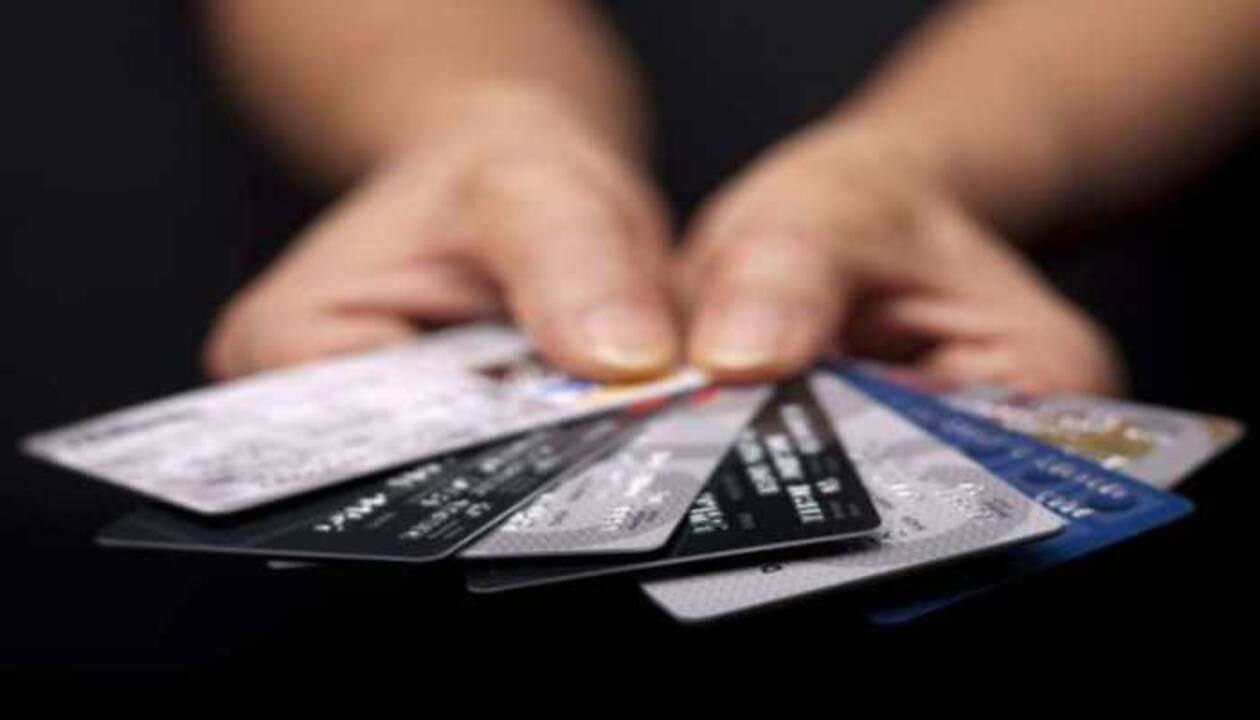Credit cards are plastic money that you might use occasionally or for some specific transactions. Mortgage payments, money orders, and stocks are a few items for which you can use a credit card. In this situation, you can always transfer funds to your bank account from your credit cards. However, you should be aware of a few things when transferring money from a credit card to a bank account. In this article, you’ll learn the pros and cons of having credit cards and how to transfer money from credit card to bank account.
What is the definition of a credit card?
A credit card is a rectangular card made of plastic issued by a bank or financial institution. It enables its holder to borrow money to pay for products and services. But, the holder must repay the borrowed funds, including any applicable interest and any other agreed-upon charges, in whole or over time, either by the billing date or later.
Pros of Getting a Credit Card
- Better protection: Compared to debit cards, credit cards often provide far higher levels of security.
- Reward benefits: Using your credit card, you may entitle to reward points that you may use for merchandise discounts or travel benefits. These discounts or benefits can be utilised while shopping or travelling.
- Financial backup: Credit cards may also be utilised as a financial cushion in the event of job loss, an illness that requires hospitalisation, or vehicle maintenance.
Why Transfer Money from a Credit Card to a Bank Account?
There is no limit or concern of legality on moving money from a credit card to your bank account, even though a credit card definition is that it is intended for paying your purchase commitments. If you stay under your credit card’s limit, you can move funds from credit cards to bank accounts using e-wallets (Paytm), money transfer services (net banking & cheques), and other methods.
What are the Transfer Options?
Different banks provide several methods to send funds from credit cards to bank accounts. Here are a few examples:
- Net banking: Transfer money from a credit card to a bank account by logging into the online banking account associated with your credit card. Additional fees will be levied for transferring money from a credit card to a bank account.
- Direct transfer: Using the online banking app or calling customer care, you can transfer money from a credit card to a bank account.
- Wallet transfer: Transfers from your wallet are swift and secure thanks to the e-wallets available in the market currently.
- Cheques: You may write a check to yourself using a feature called “check to self.” Your credit card is used to deduct the funds, which are then sent to your bank account.
Money Transfer From Credit Card To Bank Saves Cash Withdrawal Charges
A credit card’s primary work is to transfer to your bank account. However, you can avoid getting charged for cash withdrawals by transferring funds to your bank account.
Ensure to pay the monthly credit card bills. Otherwise, you’ll be fined if you cannot pay your credit card bill after your report is generated. A penalty fee of up to 3% to 4% of the unpaid balance is applicable. The cost of the transferred funds will be significantly higher than the amount you obtain legally.
Bottom Line
Although credit card balance transfers are a tremendous benefit for cardholders, it is ultimately essential to utilise credit cards responsibly to avoid accumulating debt. The amount of the debt is unchanged even if you choose a lower interest rate when you transfer money from a credit card to a bank account.
Therefore, it is preferable to give the debt payment more attention instead. In addition, there are fees associated with credit card debt transfer. It all depends on the lender. These additional costs must be considered before using a credit card.
Source: Money Transfer from Credit Card to Bank – Things You Should Know




